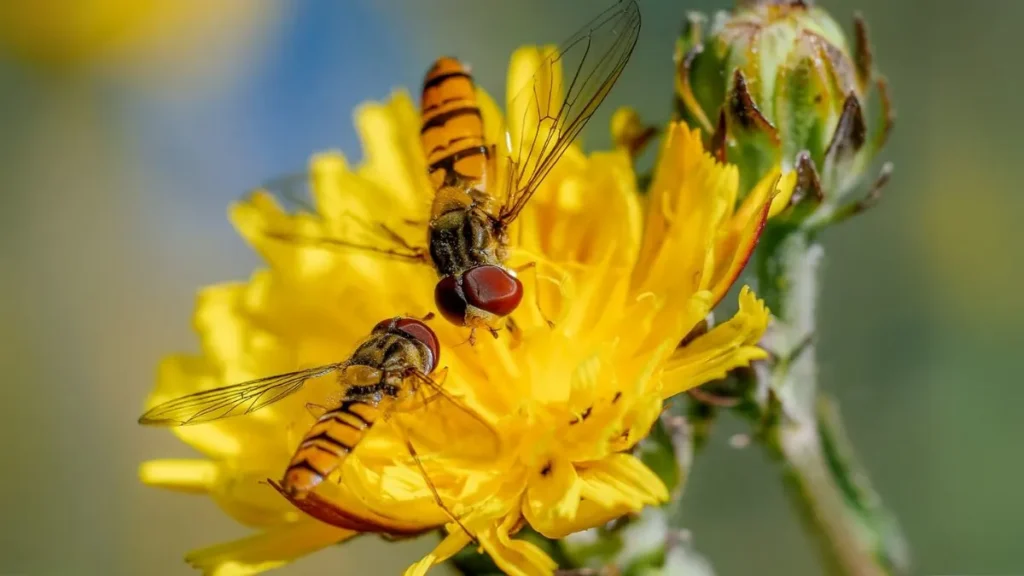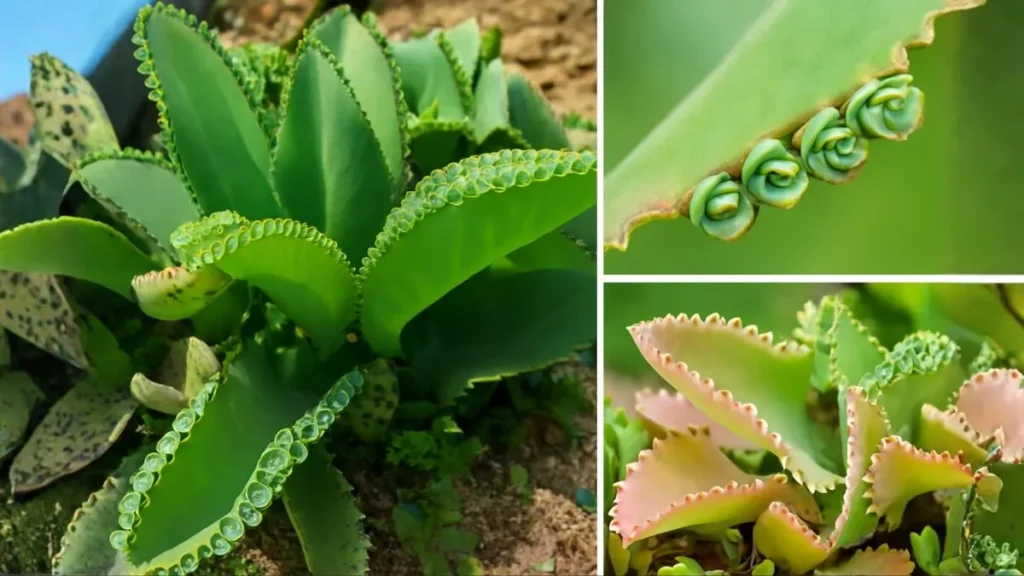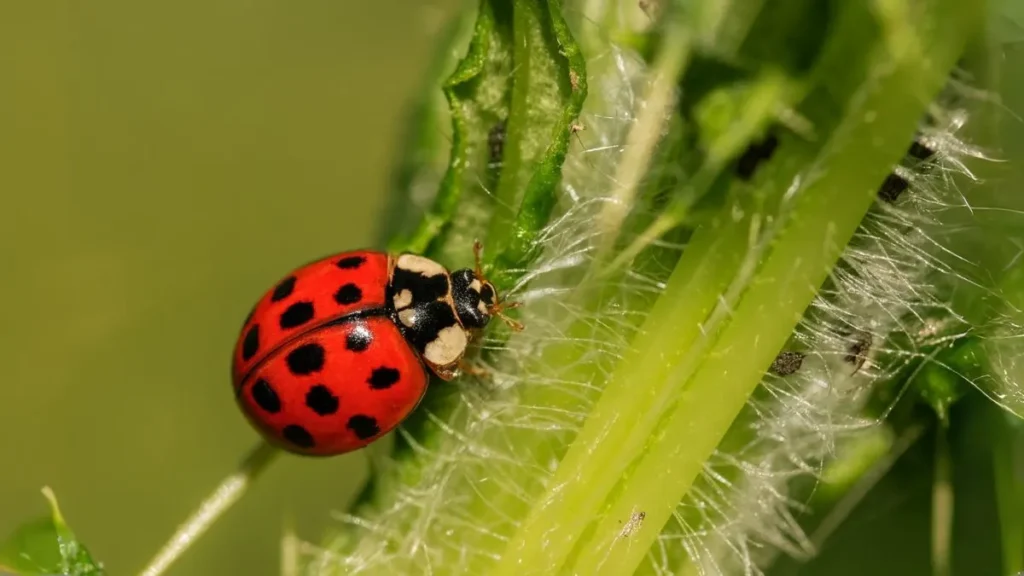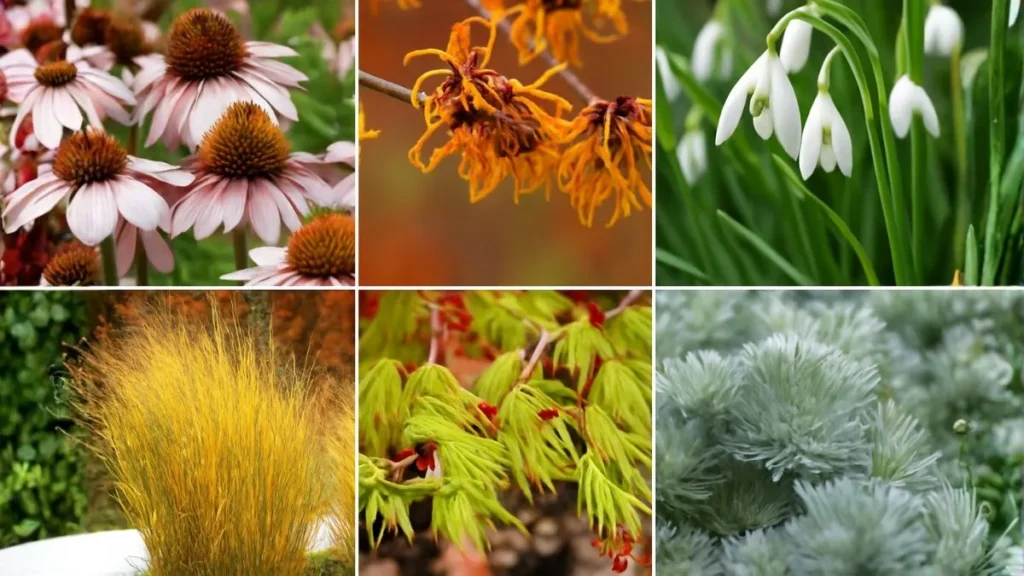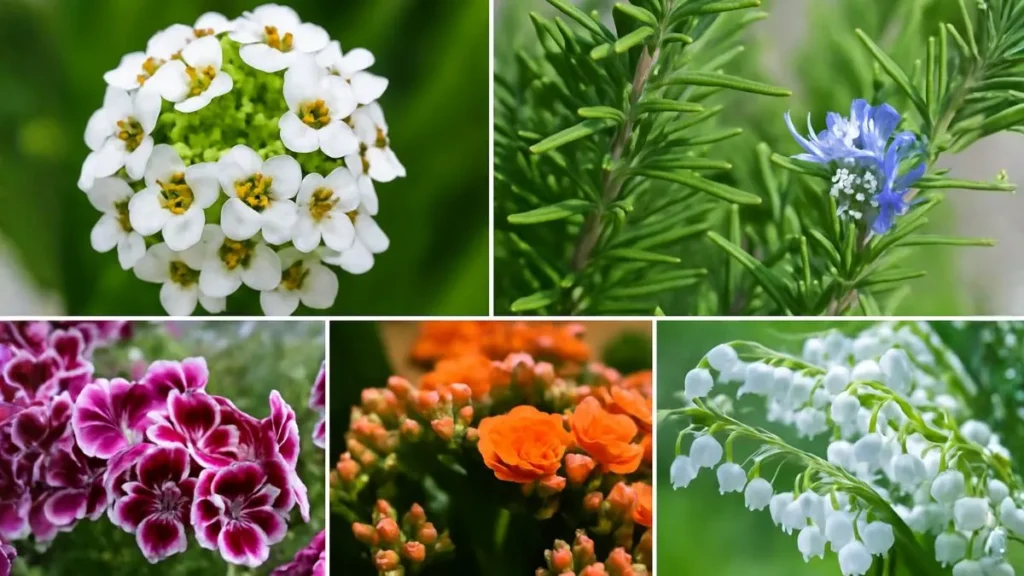In today’s world of closed apartments, work-from-home lifestyles, and increasing pollution, having fresh air indoors is more important than ever. Research suggests that certain air-purifying houseplants for a healthy living space can naturally filter toxins, release oxygen, and even improve mental health. Beyond their health benefits, these plants add aesthetic charm, making your home greener and more inviting.
Let’s explore the best options, from the humble Spider Plant (Chlorophytum comosum) to the tropical areca palm, and learn why they’re considered essentials for modern households.
Spider Plant (Chlorophytum comosum) – The Beginner’s Choice
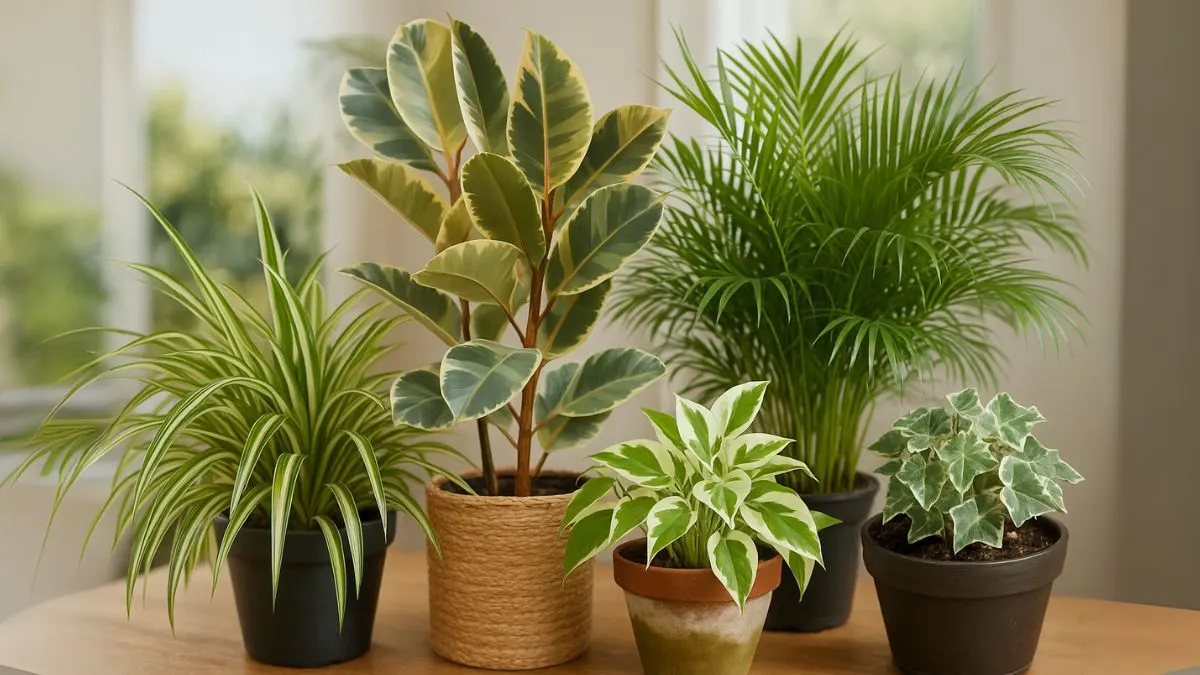
The Spider Plant (Chlorophytum comosum) is one of the most resilient houseplants. Known for its long, arching green leaves with white stripes, it thrives in indirect sunlight and adapts easily to different environments.
Benefits
- Excellent at removing toxins like formaldehyde and xylene.
- Pet-friendly, making it safe for cats and dogs.
- Produces “baby spiders,” which can be propagated easily.
👉 Place it on a hanging basket in your kitchen or living room for both beauty and clean air.
Rubber Plant – The Bold Statement
The Rubber plant is not just stylish with its glossy, dark green leaves—it’s a powerhouse air purifier. It thrives in bright, indirect light and prefers moderately moist soil.
Benefits
- Absorbs carbon dioxide efficiently.
- Known for removing pollutants from indoor spaces.
- Its large leaves help in humidifying the air.
If you want a striking plant that also boosts indoor health, this one is a must.
Also Read: Acacia Catechu: The Powerful Tree Behind Kattha, Cures & Color
English Ivy – The Climber with a Purpose
English Ivy is a popular indoor climber that can be grown in hanging baskets or trained along walls.
Benefits
- Effective in filtering benzene, formaldehyde, and mold spores.
- Helps reduce airborne fecal particles, making it great for homes with pets.
- Low-maintenance and thrives in cooler climates.
With a little care, English Ivy can turn your walls into natural green air filters.
Peace Lily – Elegance Meets Purification
The Peace Lily is a stunning flowering houseplant that thrives in shaded corners. Its white blooms add elegance, while its leaves work silently to clean the air.
Benefits
- Removes toxins such as ammonia and benzene.
- Adds humidity to dry rooms.
- Easy to care for, even in low light.
It’s often recommended for bedrooms because it improves sleep quality by balancing air moisture.
Boston Fern – The Natural Humidifier
The Boston fern is lush, feathery, and best known for its ability to add freshness to any room.
Benefits
- Removes formaldehyde and xylene.
- Great natural humidifier—perfect for homes with dry indoor air.
- Thrives in bathrooms due to its love for humidity.
Keep the soil moist and provide indirect light for best results.
Also Read: Why Stromanthe Is the Queen of Variegated Plants
Pothos – The Hardy Survivor
The Pothos, also called “Devil’s Ivy,” is one of the easiest houseplants to grow. It’s perfect for beginners or people who often forget to water.
Benefits
- Effective in removing indoor air toxins.
- Can be grown in both soil and water.
- Adds instant greenery with minimal care.
Hang it in baskets, let it trail down shelves, or grow it in water jars—the possibilities are endless.
Areca Palm – The Tropical Touch
If you want a larger plant that creates a statement, the areca palm is perfect. Known as one of the best air-purifying indoor plants at Kyari and globally, it also doubles as a natural humidifier.
Benefits
- Absorbs toxins and releases fresh oxygen.
- Improves humidity, making it excellent for dry climates.
- Creates a refreshing, tropical vibe indoors.
The areca palm can grow up to 6–7 feet indoors, making it a centerpiece for living rooms.
Quick Comparison of Air-Purifying Plants
Plant |
Key Benefit |
Best Placement |
Spider Plant (Chlorophytum comosum) |
Beginner-friendly, removes formaldehyde |
Hanging baskets, kitchens |
Rubber plant |
Removes toxins, bold decorative appeal |
Living rooms, hallways |
English Ivy |
Filters mold and allergens |
Walls, hanging baskets |
Peace Lily |
Elegant, improves humidity |
Bedrooms, shaded corners |
Boston fern |
Natural humidifier, toxin remover |
Bathrooms, patios |
Pothos |
Hardy, low maintenance |
Offices, shelves, jars |
Areca palm |
Large air purifier, tropical vibe |
Living rooms, spacious halls |
Also Read: Why This Anthurium Is the Ultimate Low-Light Luxury Plant
Personal Experience
When I first introduced air-purifying houseplants into my home, I noticed an immediate difference. A Spider Plant (Chlorophytum comosum) in my study kept the air feeling fresher, while a Peace Lily in the bedroom improved sleep quality. Over time, adding an areca palm made my living room feel brighter and healthier. These plants didn’t just make the house look good—they made it feel alive.
Incorporating air-purifying plants for a healthy living space is one of the simplest yet most effective ways to improve your indoor environment. They not only cleanse toxins but also bring peace, beauty, and positive energy into your home. Whether you’re in Canada, the USA, or anywhere in the world, these plants are your natural allies for healthier living.

